Members
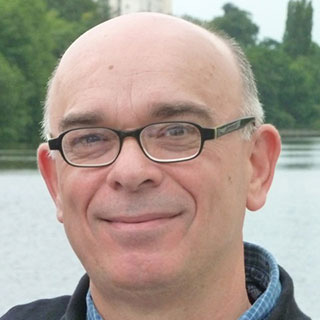
Philippe Forêt
Co-founder SAGUF EH-CH; University of Basel
I serve as Co-Director of the Social Transitions Research Group in the Department of Social Sciences of the University of Basel as well as Professor of environmental humanities and Dean of the School of Humanities and Social Sciences at Brac University (Dhaka, Bangladesh). I am also a member of the Society of Fellows of the Rachel Carson Center for Environment and Society, and of the Bridges global coalition for sustainability with the UNESCO Management of Social Transformation program.
My teaching and publications on the geography of knowledge have connected nature and culture in Asia to fieldwork and review processes in the environmental sciences.
︎ ︎ ︎
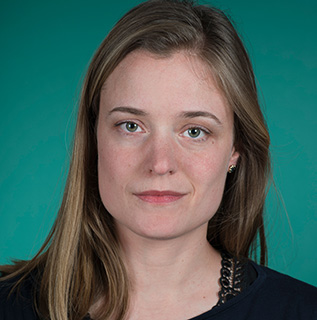
Flurina Gradin
Designer and Ecologist, ETH Zurich, University of St. Gallen
Flurina Gradin is a designer and ecologist. With her company Wild Spots, she is engaged to promote regenerative ecosystems in the built environment. From 2017 to 2023, she worked as a lecturer and researcher in the field of design and ecology at Zurich University of the Arts. Currently she is working as a research associate in Environmental Humanities at the University of St. Gallen and at the
︎
Designer and Ecologist, ETH Zurich, University of St. Gallen
Flurina Gradin is a designer and ecologist. With her company Wild Spots, she is engaged to promote regenerative ecosystems in the built environment. From 2017 to 2023, she worked as a lecturer and researcher in the field of design and ecology at Zurich University of the Arts. Currently she is working as a research associate in Environmental Humanities at the University of St. Gallen and at the
Department of Architecture,
ETH Zurich.︎
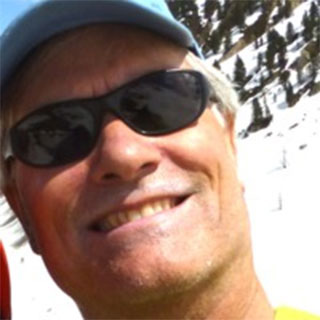
Marcus Hall
Co-founder SAGUF EH-CH; University of Zurich
My research centers on the history of how humans perceive, alter or manage the natural world, and how the natural world alters the way people live and think.
To date my publications and presentations have aimed to understand the pursuit of environmental restoration, the perception of alien invasive species, and the relationships between humans and their bodily symbionts and other co-travelers.
︎ ︎

Drew Keeling
Independent Historian
Drew Keeling researches and writes about transatlantic economic, business, political and environmental history. Most of his academic publications concern processes of transatlantic migration in the 19th and 20th centuries.
He has taught courses in environmental history and the history of climate change economics and policy at the University of Zurich, and participated as a performer in the EH-CH Baum-Geschichten event, 2017.
Contemporary interests include migration policy, carbon pricing and land-use issues.
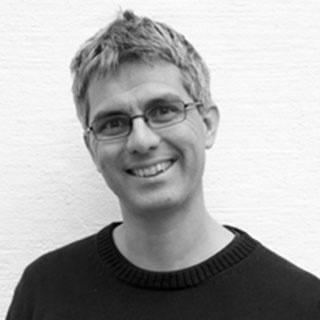
Christoph Kueffer
Co-founder SAGUF EH-CH; ETH Zurich
We live in a time of rapid and fundamental man-made ecological change.
In my research I am concerned with how we can better understand and manage the emerging ecological novelty of the Anthropocene in order to maintain vital ecosystem services, reduce poverty, and save unique biodiversity.
︎ ︎ ︎

Lars Larsson
Explorer; The Sven Hedin Foundation at the Royal Swedish Academy of Sciences
Larsson is a journalist, explorer, photographer and media entrepreneur. He is a two time National Geographic grantee working with a series of expeditions to Central Asia in Sven Hedin’s footsteps.
The objective is to document human-environmental changes in these areas during the last century.
︎ ︎ ︎ ︎
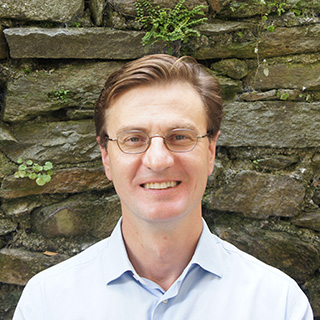
Federico Luisetti
Critical theorist, University of St. Gallen
I have written on art and politics, society and things, nature and ideas, trying to understand what happens in the present and what was there before we were here.
My latest project is a book on the Anthropocene as the state of nature of neoliberalism, and alternatives to this ecopolitical disaster.

Juanita Schläpfer-Miller
Research associate at the University of the Arts in Zürich. Outreach coordinator at the Zurich-Basel Plant Science Center
Juanita’s professional background is in designing inquiry-based learning exhibits in the natural sciences. Since 2012 at the PSC she has developed workshops and experiments to engage children and teens with plant science.
Her exhibition Klimagarten 2085 is a narrative environment designed to create dialogue about the effects of climate change on food and landscape.
︎ ︎

Alison Pouliot
Researcher and photographer
As a freshwater ecologist, Alison endeavours to understand the processes that shape and transform ecosystems. As an environmental photographer, she aspires to capture their intricacies and obscurities in documenting environmental change.
Shifting to the terrestrial subterrain, her current research addresses the disconnect between the diversity and ecological significance of fungi and the lack of attention to their conservation.
︎
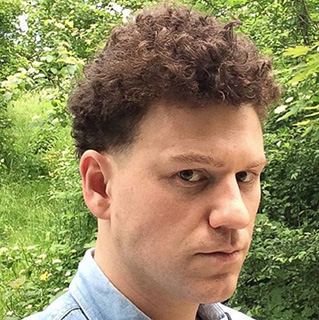
Rory Rowan
Political Geographer and Cultural Critic
Rory Rowan is a political geographer and cultural critic. His research spans widely across critical social theory, political ecology and the environmental humanities, and currently focuses on the political and philosophical dimensions of the Anthropocene, planetary governance and the emergence of private industry and extraction in outer space.
He is author with Claudio Minca of ‘On Schmitt and Space’ (Routledge, 2015) and regularly contributes writing on politics, art and cultural criticism to a number of print and online publication as well as working collaboratively with artists and curators.

Emily Scott
Postdoc in the architecture department at ETH Zürich
I am an interdisciplinary scholar and artist whose work centers on “de-naturalizing” nature, or investigating the histories, politics, ideologies, etc. that shape ideas and institutions of nature, with the aim of reaching more critical understandings of contemporary human-environment relations.
I am a founding member of the art-research projects: the Los Angeles Urban Rangers and World of Matter.
︎

Henriette Eva Stierlin
Anthropologist / Historian, Lecturer, University of Zürich
Henriette Stierlin is an applied anthropologist who worked for several years in Latin-America in development projects, political ecology, ethnographic studies and interdisciplinary projects.
She has special interest in indigenous knowledge and its incorporation in development projects, use of nature resources and space by indigenous people.
She has also worked since 1989 in audio-visual projects, first in New York, then in Bolivia, producing especially documentaries about ecology related themes.
Producer/Director of Then we disappear (8`, Span/Eng), UZH, Zürich.

Dan Tamïr
Research Associate at the Department of Environmental Studies of the University of Zürich
For the past century, the environments in which humans live have been going through a deep and abrupt change – physically, biologically and socially – on an unprecedented extent.
My research examines the reciprocal relations between human actions and environmental changes, with the aim of finding ways to reduce economic inequality, enhance biodiversity and generally learn how to live within our planet`s boundaries.

Miriam Tola
Assistant professor in Environmental Humanities, University of Lausanne
My research focuses on the intersections between gender, race and the politics of nature. I have written articles on the Anthropocene, the politics of the commons, the rights of nature and the nexus between race and species. I am the co-editor of the Living Lexicon section of the Environmental Humanities journal. My current projects are a book titled The Commons Reimagined. Feminist and Decolonial Perspectives, and an edited collection on the politics of care.
